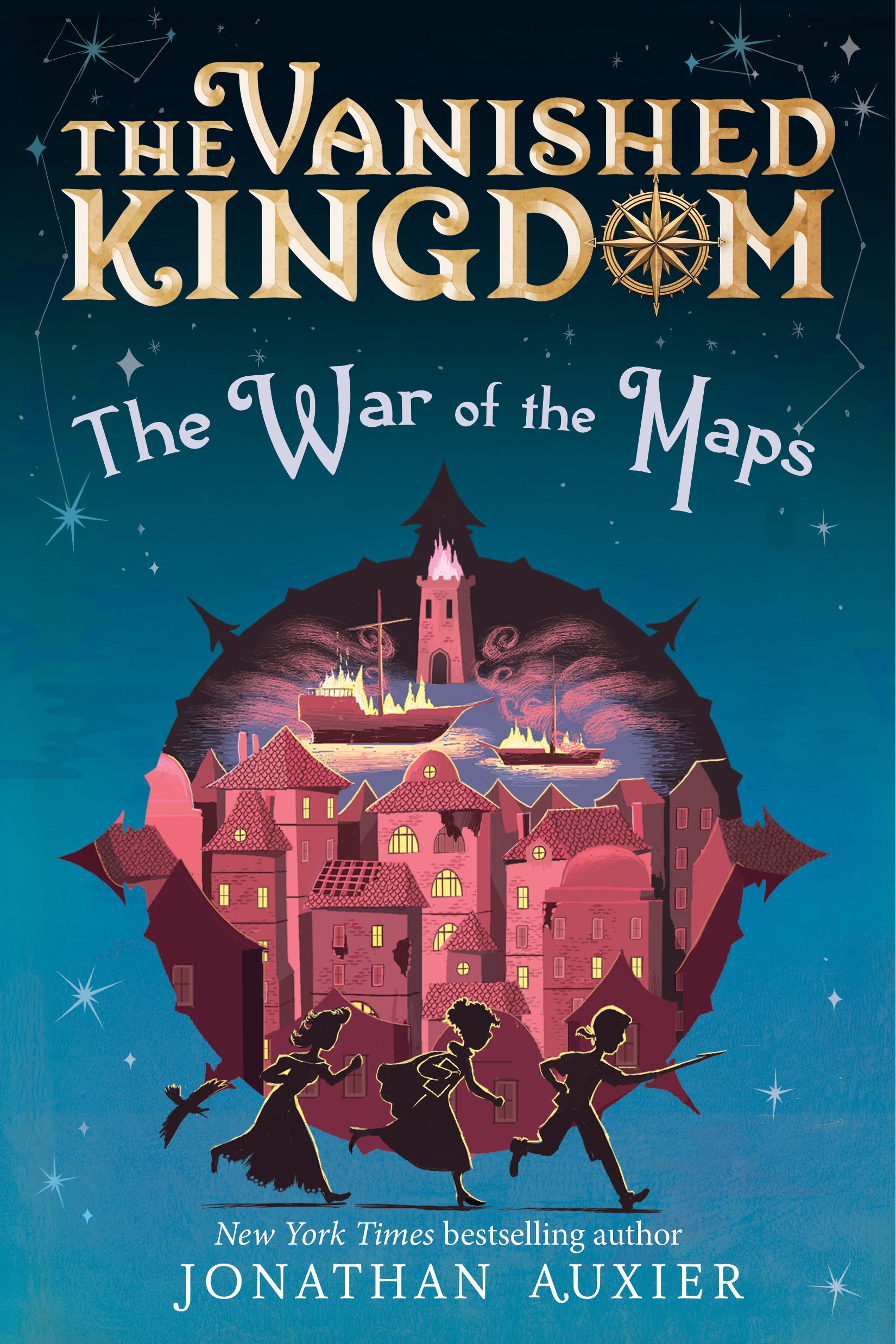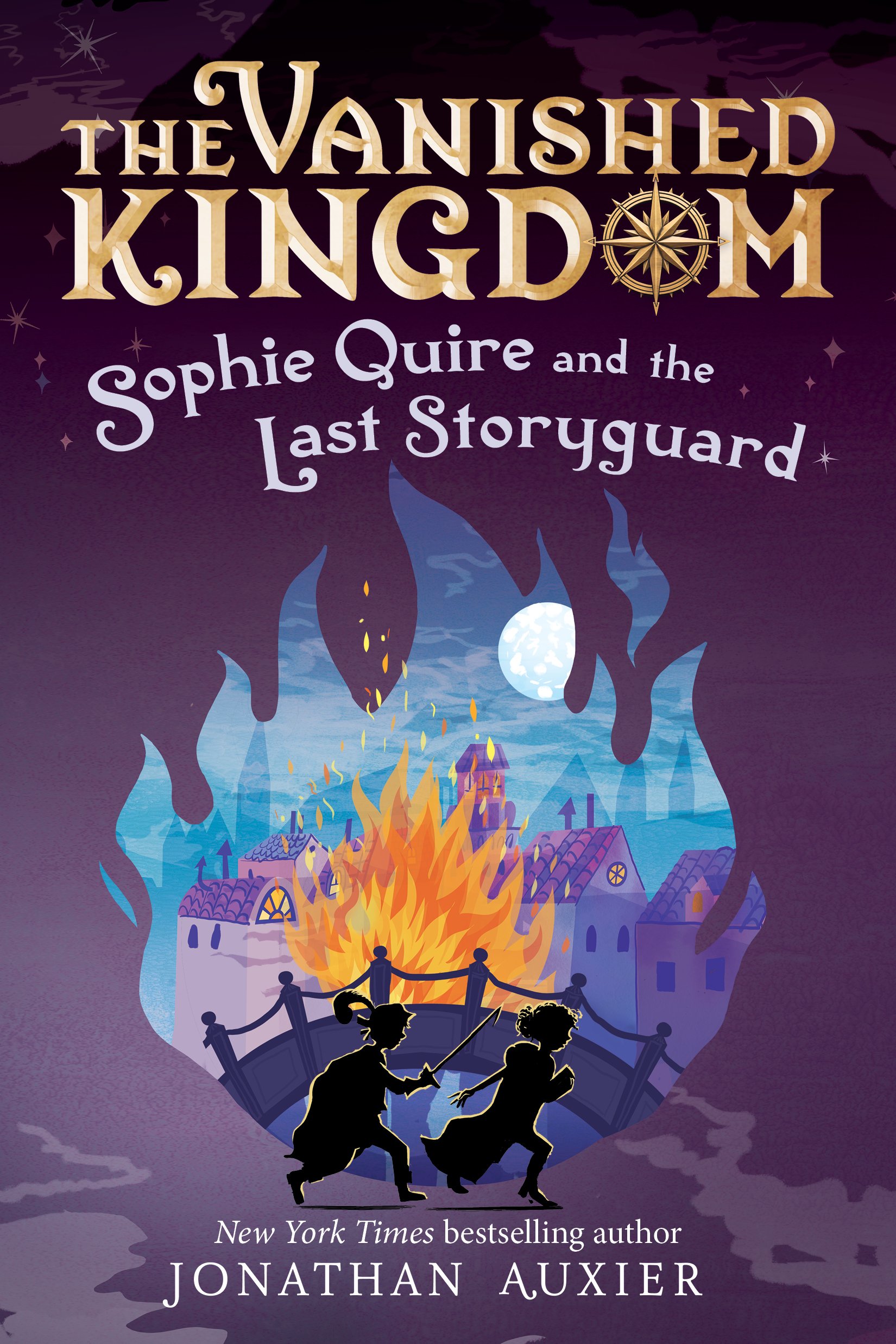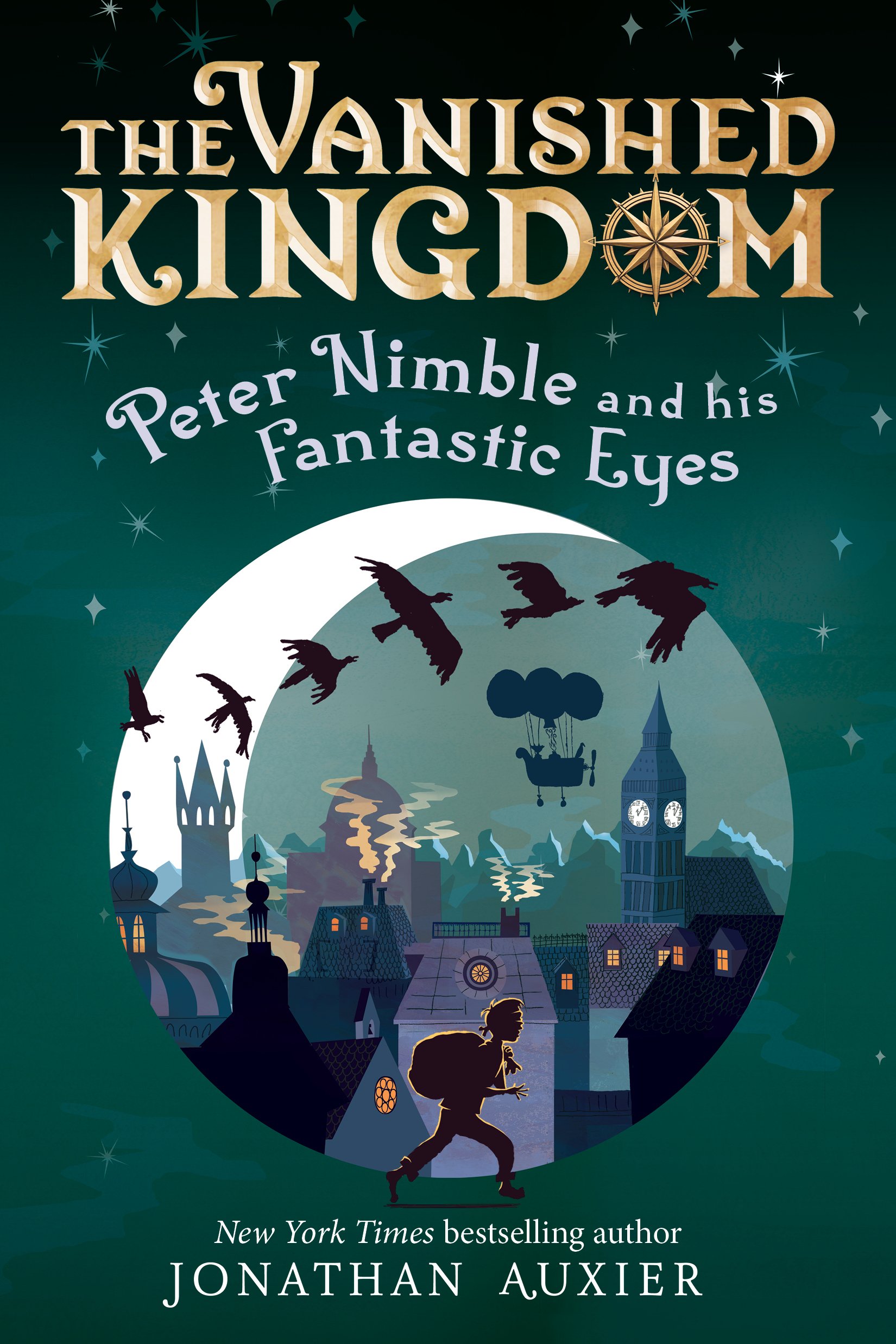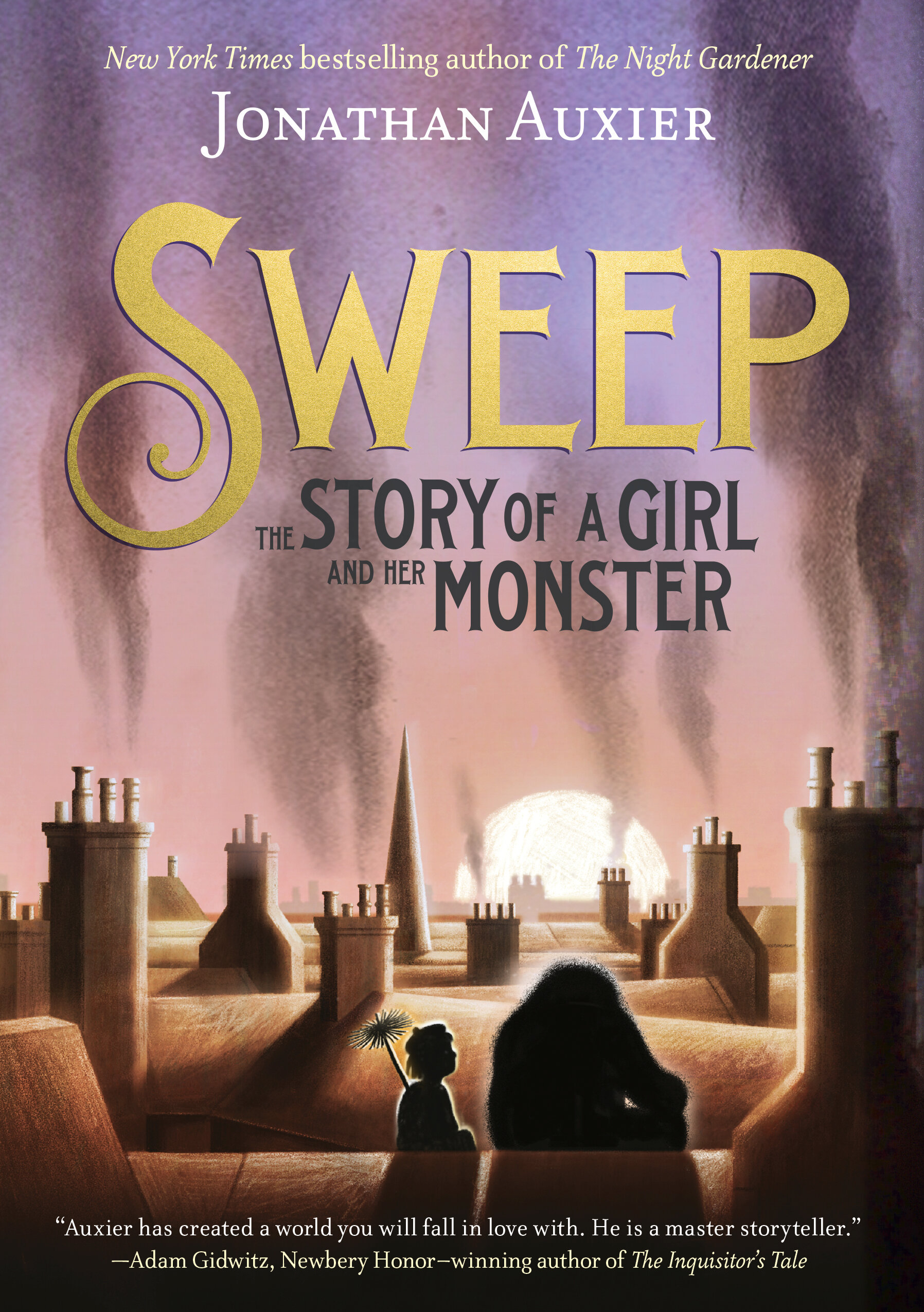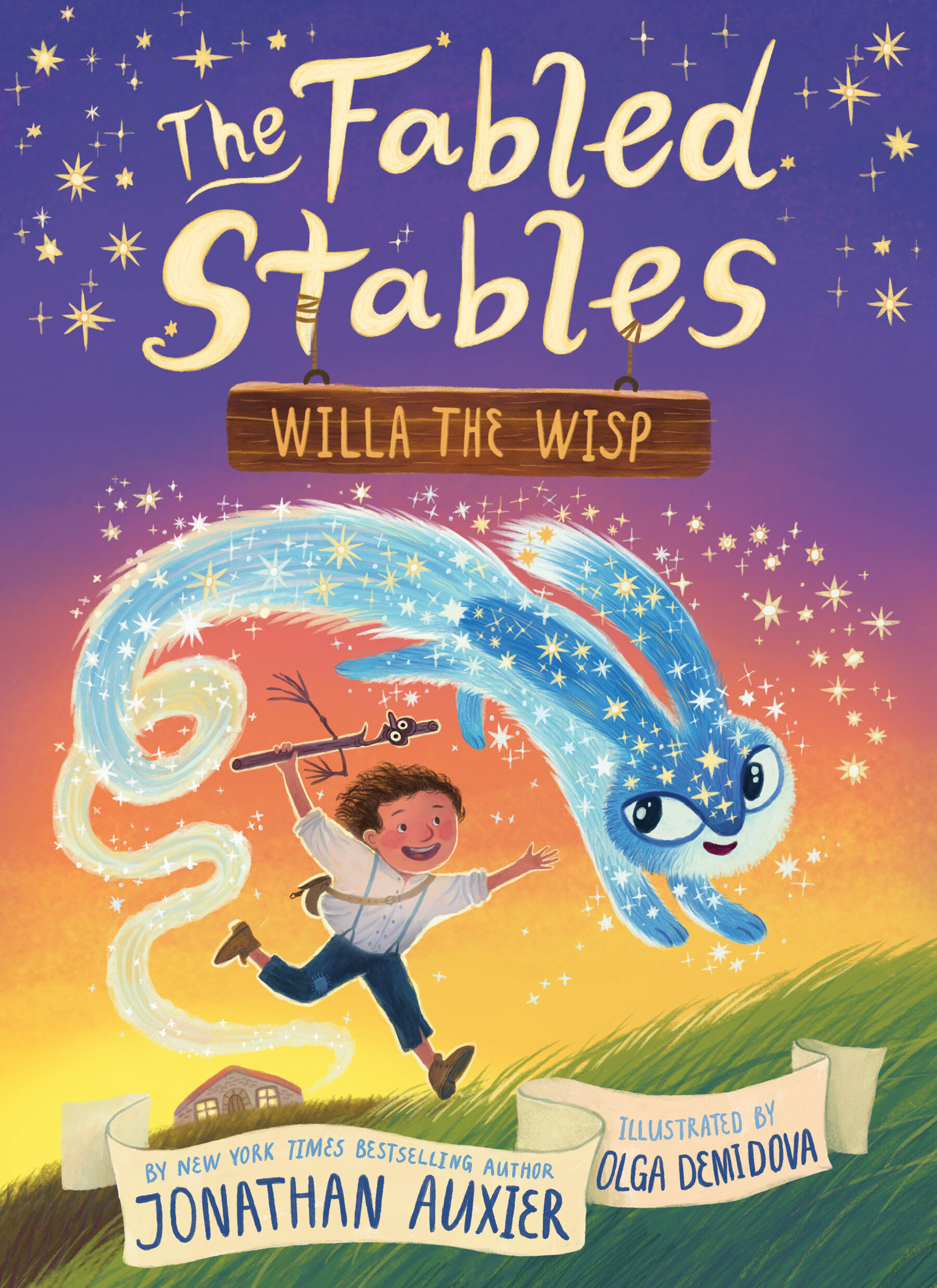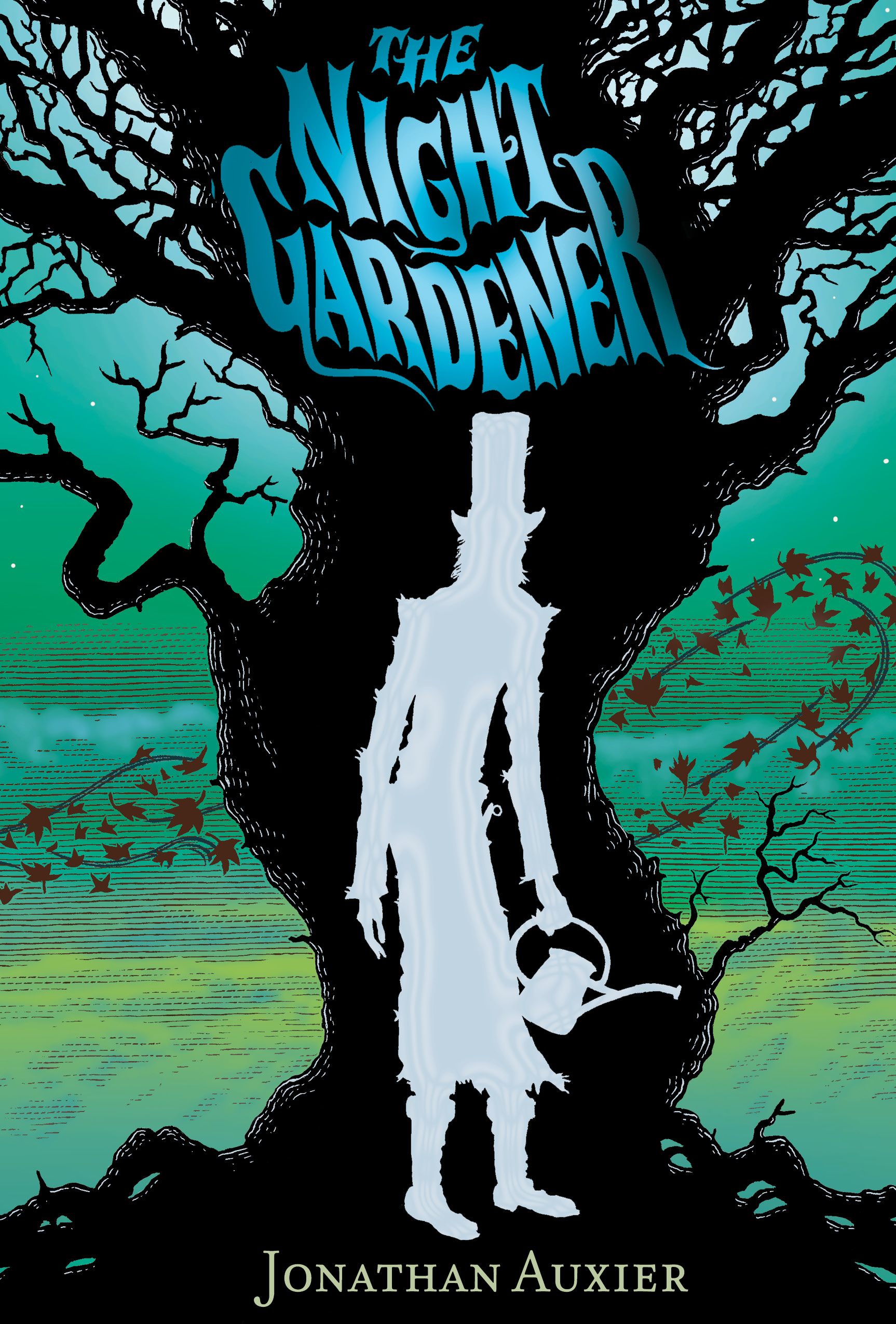Book Reviews and the Epidemic of Niceness
/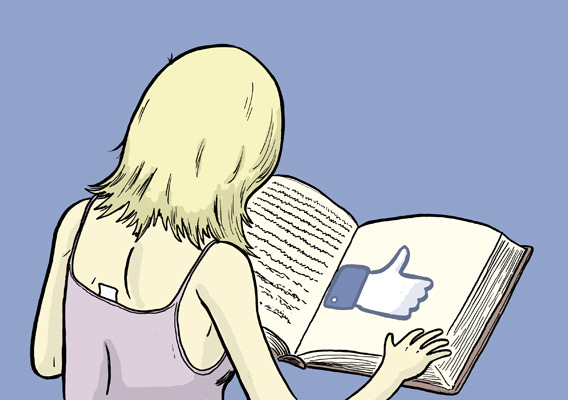 Children's literature maven Monica Edinger recently wrote a thoughtful response to a recent Slate piece on the "epidemic of niceness" that plagues the modern publishing industry.[1. if the name sounds familiar, I posted about her last year] Both writers voice their frustration over the dearth of negative book reviews online.[2. This is a problem that goes beyond just books. Just a few weeks ago, there was the notorious fanboy uprising against the reviewers who dared criticize the latest Batman movie.] Here's an excerpt from the original article:
Children's literature maven Monica Edinger recently wrote a thoughtful response to a recent Slate piece on the "epidemic of niceness" that plagues the modern publishing industry.[1. if the name sounds familiar, I posted about her last year] Both writers voice their frustration over the dearth of negative book reviews online.[2. This is a problem that goes beyond just books. Just a few weeks ago, there was the notorious fanboy uprising against the reviewers who dared criticize the latest Batman movie.] Here's an excerpt from the original article:
"But if you spend time in the literary Twitter- or blogospheres, you'll be positively besieged by amiability, by a relentless enthusiasm that might have you believing that all new books are wonderful and that every writer is every other writer's biggest fan. It's not only shallow, it's untrue, and it's having a chilling effect on literary culture, creating an environment where writers are vaunted for their personal biographies or their online followings rather than for their work on the page." Jacob Silverman, Slate
For me, reading is too often an experience of discovering that the emperor has no clothes. When that happens, I feel betrayed by my community (Somebody should have warned me!). And yet, when I read an openly negative book review, it turns me off. While I agree to the importance of quality criticism, quality criticism is no fun.[3. As Edinger points out, things get even more complicated with children's literature because adults are not the primary/sole reader. Who wants to be the jerk who disparaged a child's favorite book?]
There is, however, one safe place where negative reviews thrive: the celebrated book
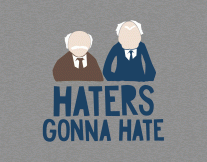 While I bite my tongue about contemporary books I dislike, I am more than comfortable speaking out against boring old books. I am not alone here; the internet is awash in snarky takedowns of overrated classics. For more contemporary targets, one only need look at the upper echelons. For every hundred glowing reviews of Freedom, you can be sure there will be a BR Meyer review attacking it.
While I bite my tongue about contemporary books I dislike, I am more than comfortable speaking out against boring old books. I am not alone here; the internet is awash in snarky takedowns of overrated classics. For more contemporary targets, one only need look at the upper echelons. For every hundred glowing reviews of Freedom, you can be sure there will be a BR Meyer review attacking it.
Sometimes these dissenting voices come off as prophets, other times they come off as attention-hungry trolls (Armond White, anyone?). I think there is a sense that a successful work can afford to be taken down a few notches. Perhaps this is true, but since when has that been the purpose of criticism?
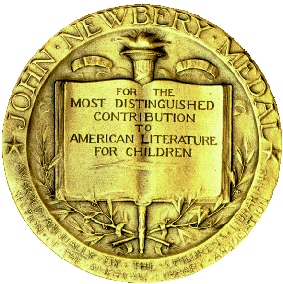 In Edinger's comments, she mentions that SLJ's Heavy Medal blog stands out as a place where honest criticism is alive and well. I agree with her, and I think the blog gets away with that because of its conceit: any book mentioned there is already a contender for the Newbery. There is no such thing as a bad book on that blog, only varying levels of good.
In Edinger's comments, she mentions that SLJ's Heavy Medal blog stands out as a place where honest criticism is alive and well. I agree with her, and I think the blog gets away with that because of its conceit: any book mentioned there is already a contender for the Newbery. There is no such thing as a bad book on that blog, only varying levels of good.
I think the success of Heavy Medal speaks to a larger point. Perhaps the reason bad books do not get panned is because we subconsciously know they are undeserving of critical engagement? And perhaps this is the way it should be? What is the value of our greatest literary minds attacking Fifty Shades of Grey, a book that has no literary aspirations?
Let us save our very best criticism for our very best books -- because those are the books whose flaws are worth discussing, and those are the authors who we want to see grow.


